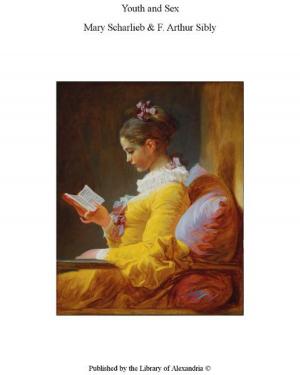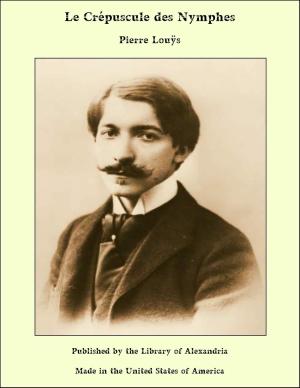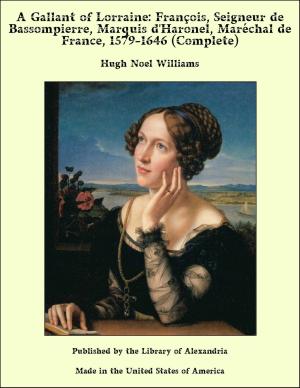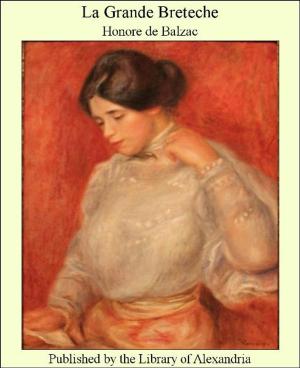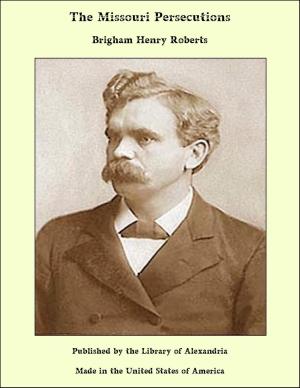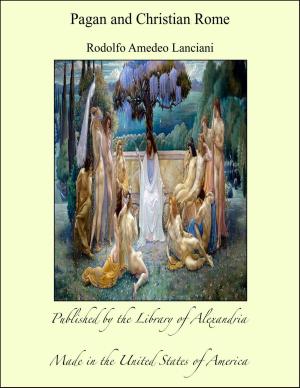A Diplomat in Japan: The Inner History of the Critical Years in the Evolution of Japan when the Ports were Opened and the Monarchy Restored
Nonfiction, Religion & Spirituality, New Age, History, Fiction & Literature| Author: | Ernest Mason Satow | ISBN: | 9781465629173 |
| Publisher: | Library of Alexandria | Publication: | March 8, 2015 |
| Imprint: | Language: | English |
| Author: | Ernest Mason Satow |
| ISBN: | 9781465629173 |
| Publisher: | Library of Alexandria |
| Publication: | March 8, 2015 |
| Imprint: | |
| Language: | English |
My thoughts were first drawn to Japan by a mere accident. In my eighteenth year an elder brother brought home from Mudie's Library the interesting account of Lord Elgin's Mission to China and Japan by Lawrence Oliphant, and the book having fallen to me in turn, inflamed my imagination with pictures verbal and coloured of a country where the sky was always blue, where the sun shone perpetually, and where the whole duty of man seemed to consist in lying on a matted floor with the windows open to the ground towards a miniature rockwork garden, in the company of rosy-lipped black-eyed and attentive damsels—in short, a realised fairyland. But that I should ever have a chance of seeing these Isles of the Blest was beyond my wildest dreams. An account of Commodore Perry's expedition, which had preceded Lord Elgin's Mission, came in my way shortly afterwards, and though much more sober in its outward appearance and literary style, only served to confirm the previous impression. I thought of nothing else from that time onwards. One day, on entering the library of University College, London, where I was then studying, I found lying on the table a notice that three nominations to student-interpreterships in China and Japan had been placed at the disposition of the Dean. Here was the chance for which I had been longing. Permission to enter myself for the competition was obtained, not without difficulty, from my parents, and having gained the first place in the public examination, I chose Japan. To China I never wished or intended to go. My age was sufficient by a few hours to enable me to compete. I was formally appointed in August 1861, and quitted England full of joyful anticipation in November of that year. Owing to the prevalence of a belief among those who then had the direction of our affairs in Japan that a knowledge of Chinese was a necessary preliminary to the study of Japanese, my fellow-student, R. A. Jamieson, and myself were at first stationed for a few months at Peking, where we were joined early in 1862 by Russell Robertson, who also belonged to the Japan establishment. I pass over our sojourn there, which, though not without its own interest, was not long enough for me to gain any useful knowledge of China. But I learnt a few hundred Chinese characters which were of great help to me afterwards, and I even began the study of Manchu. Our stay at the Chinese capital was suddenly cut short by the arrival of a despatch from Yedo, containing the original text of a Note from the Japanese Ministers, which it was found no Chinaman could decipher, much less understand. This was decisive of the question whether the short cut to Japanese lay through the Chinese language. I thought then, and still think, that though an acquaintance with Chinese characters may be found useful by the student of Japanese, it is no more indispensable than that of Latin is to a person who wishes to acquire Italian or Spanish. We were consequently bundled off to Japan with the least possible delay.
My thoughts were first drawn to Japan by a mere accident. In my eighteenth year an elder brother brought home from Mudie's Library the interesting account of Lord Elgin's Mission to China and Japan by Lawrence Oliphant, and the book having fallen to me in turn, inflamed my imagination with pictures verbal and coloured of a country where the sky was always blue, where the sun shone perpetually, and where the whole duty of man seemed to consist in lying on a matted floor with the windows open to the ground towards a miniature rockwork garden, in the company of rosy-lipped black-eyed and attentive damsels—in short, a realised fairyland. But that I should ever have a chance of seeing these Isles of the Blest was beyond my wildest dreams. An account of Commodore Perry's expedition, which had preceded Lord Elgin's Mission, came in my way shortly afterwards, and though much more sober in its outward appearance and literary style, only served to confirm the previous impression. I thought of nothing else from that time onwards. One day, on entering the library of University College, London, where I was then studying, I found lying on the table a notice that three nominations to student-interpreterships in China and Japan had been placed at the disposition of the Dean. Here was the chance for which I had been longing. Permission to enter myself for the competition was obtained, not without difficulty, from my parents, and having gained the first place in the public examination, I chose Japan. To China I never wished or intended to go. My age was sufficient by a few hours to enable me to compete. I was formally appointed in August 1861, and quitted England full of joyful anticipation in November of that year. Owing to the prevalence of a belief among those who then had the direction of our affairs in Japan that a knowledge of Chinese was a necessary preliminary to the study of Japanese, my fellow-student, R. A. Jamieson, and myself were at first stationed for a few months at Peking, where we were joined early in 1862 by Russell Robertson, who also belonged to the Japan establishment. I pass over our sojourn there, which, though not without its own interest, was not long enough for me to gain any useful knowledge of China. But I learnt a few hundred Chinese characters which were of great help to me afterwards, and I even began the study of Manchu. Our stay at the Chinese capital was suddenly cut short by the arrival of a despatch from Yedo, containing the original text of a Note from the Japanese Ministers, which it was found no Chinaman could decipher, much less understand. This was decisive of the question whether the short cut to Japanese lay through the Chinese language. I thought then, and still think, that though an acquaintance with Chinese characters may be found useful by the student of Japanese, it is no more indispensable than that of Latin is to a person who wishes to acquire Italian or Spanish. We were consequently bundled off to Japan with the least possible delay.

